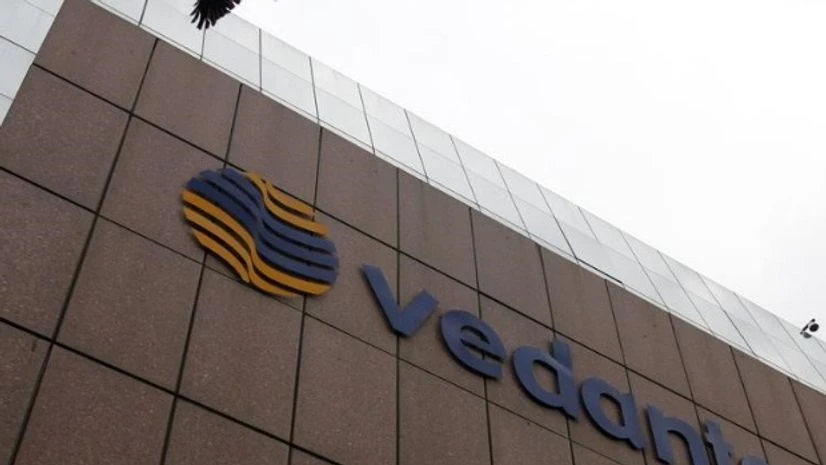“If at any point of time any further debacle happens, (like the) London Metal Exchange crashes down further, obviously the domestic aluminium producers will have no room to operate,” said Abhijit Pati, chief executive. “We’ll have to go for some drastic measures. We have already started making austerity drives, but that will not suffice. We are going into a huge amount of headcount reduction.” Vedanta, which employs 17,000 people in its aluminium business and partner agencies, has not finalised the job cuts, Pati said.
He was speaking to Reuters over the phone from Odisha, where Vedanta's largest plant, with an annual capacity of 1.6 million tonnes, is running at 32 percent capacity.
Another 575,000-tonne plant owned jointly by the company and the Indian government is operating at 56 percent.
India's per-capita consumption of aluminium, used in everything from aeroplanes to lemon squeezers, is about 2.2 kg, compared with 25 kg in China.
But demand is growing at an annual rate of about 11 percent against global growth of 6 percent, making it a potential big market for an oversupplied world.
About 1.5 million of India's annual aluminium demand of 3.5 million tonnes is met through imports from China and the Middle East. Imports rose 4 percent to 390,000 tonnes in the April-June quarter from a year ago.
Also Read
Pati said he and other industry officials met India's mines secretary last week seeking a doubling of the aluminium import duty to 10 percent. A mines ministry spokesman did not comment immediately.
Despite the fall in prices, Vedanta is still looking to raise output to 1 million-1.2 million tonnes this fiscal year from 860,000 tonnes last year.
"If we are able to survive, if we are able to sail through, we would like to expand," Pati said.

)
